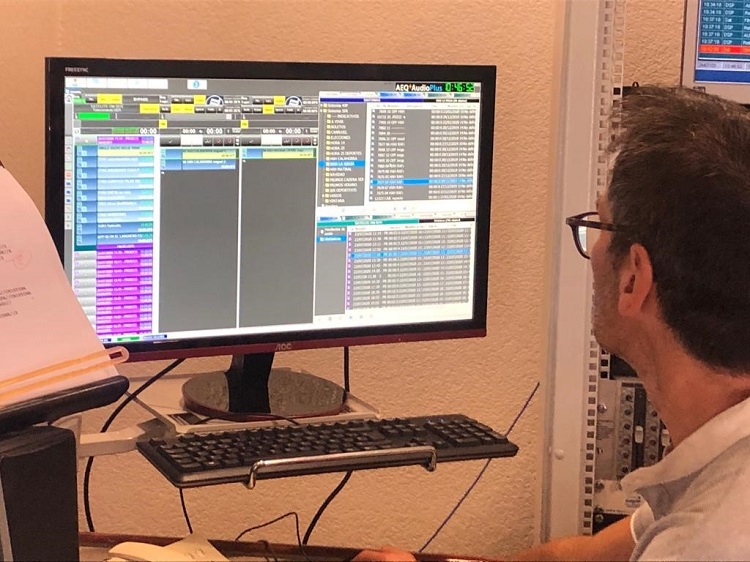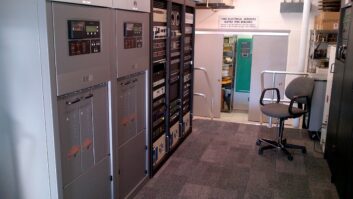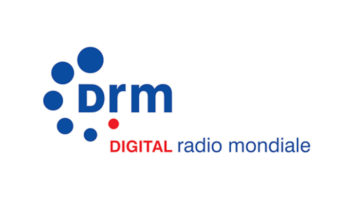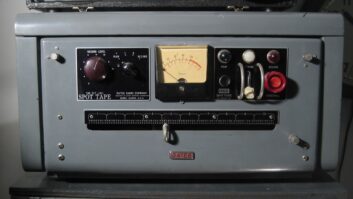The author is general manager of Radio Rioja.
LOGROÑO, Spain — On Feb. 25, 1933, the Spanish General Telecommunications Administration issued a broadcast license for the area of Logroño for a radio station with the call sign EAJ 18 and the name “Radio Rioja” to Ismael Palacio.
Today, the station is still active in Logroño, the capital of the province of “La Rioja,” and now has two sisters in other cities in the Rioja province. It is an independent broadcaster affiliated to the Cadena SER Networks, broadcasting the general programming of that group in AM and FM.
Depending on the time of day, it provides its audience with the signals from the networks of SER and SER+, Los Cuarenta Principales and Cadena Dial.
Throughout its long history, it has been committed to regional sports and politics, with a very active news operation. For decades, public figures and groups from Logroño and La Rioja have passed through the main studio to appear on programs.
Thousands of interviews and local and regional reports have been produced from its recording studio as well as national news stories in contribution to the SER Network headquarters in Madrid.
The newsroom dedicates most of its time to providing content for the regional and local slots as well as contributions for Madrid. However, apart from the conventional SER and SER+ radio programming, there are other important sources of income with low production costs for content such as musical products centrally produced at the company headquarters.
A highly automated operation along with other applications allows Radio Rioja to cover expenses and continue being the news station that Riojans demand.
Automation Needs
Radio Rioja has paid attention to its automation systems, valuing reliability, availability and good operation. When renewal of its legacy system was due, they opened up to evaluate the most common systems used in Spain.
During the presentation and evaluation of AEQ AudioPlus, we found that its performance was outstanding and easy to learn and use. We obtained references from other radio stations about compatibility with work practices and requirements for daily SER servicing along with a standard compatible scheduling and billing system.
Then Radio Rioja made one of the most difficult decisions that broadcast technicians and engineers can be faced with: installing and integrating a new and different automation system.
AEQ has been developing and installing radio automation for more than 30 years, with experience of the requirements and demands of thousands of customers. AudioPlus is its third-generation system, developed after Mar System and Mar4win. It’s designed to run on Windows operating systems and with SQL Server databases. It includes a self-installation wizard.
It is compatible with professional, low-cost, USB and virtual AoIP soundcards and provides a set of complementary editing and management tools, as well as links to all kinds of external software applications.
AudioPlus also offers a remotely controlled playout module compatible with Cadena SER commands, and a module for exchange with external management software applications, both for advertisement traffic and musical programming.
Finally, it has a file import module that is adapted to database formats used by various manufacturers. In particular, the format used by Dalet had been used by Radio Rioja and debugged in previous migrations. It worked like a charm, moving the audio files in a few hours while each file’s ancillary information was migrated to AEQ format.
Thanks to its intuitive user interface, the transition to the new system hasn’t really needed additional effort. The person who traveled there to perform the migration trained users on the system’s operation in a few days. During this period, AEQ AudioPlus scheduling was done in parallel with the earlier system’s scheduling
The system includes four recording/playout workstations: one for each control or automatic playout station, one for programming, and a high-availability server with a RAID disk system. Everything was connected over an IP network.
System preconfiguration and installation was done by AEQ personnel, as there were some specific tasks that required special treatment for this “on the fly” migration.
Raquel Cortés of AEQ Technical Assistance Service was on site; she installed the system, transferred the audio files and data, and provided a training course to Radio Rioja staff. Support was carried out by AEQ Sales Area Manager Eduardo Guerrero.
During the installation, the audio codecs for external retransmissions and program transportation were upgraded to IP technology, so four AEQ Phoenix Mercury units and an AEQ Phoenix Venus also were installed.
Radio World User Reports are testimonial articles intended to help readers understand why a colleague chose a particular product to solve a technical situation.
For information in the U.S., contact Peter Howarth at AEQ Broadcast International in Florida at 1-800-728-0536 or visit www.aeqbroadcast.com. For international queries, contact AEQ in Spain at +34-91-686-1300 or visit www.aeq.eu.








